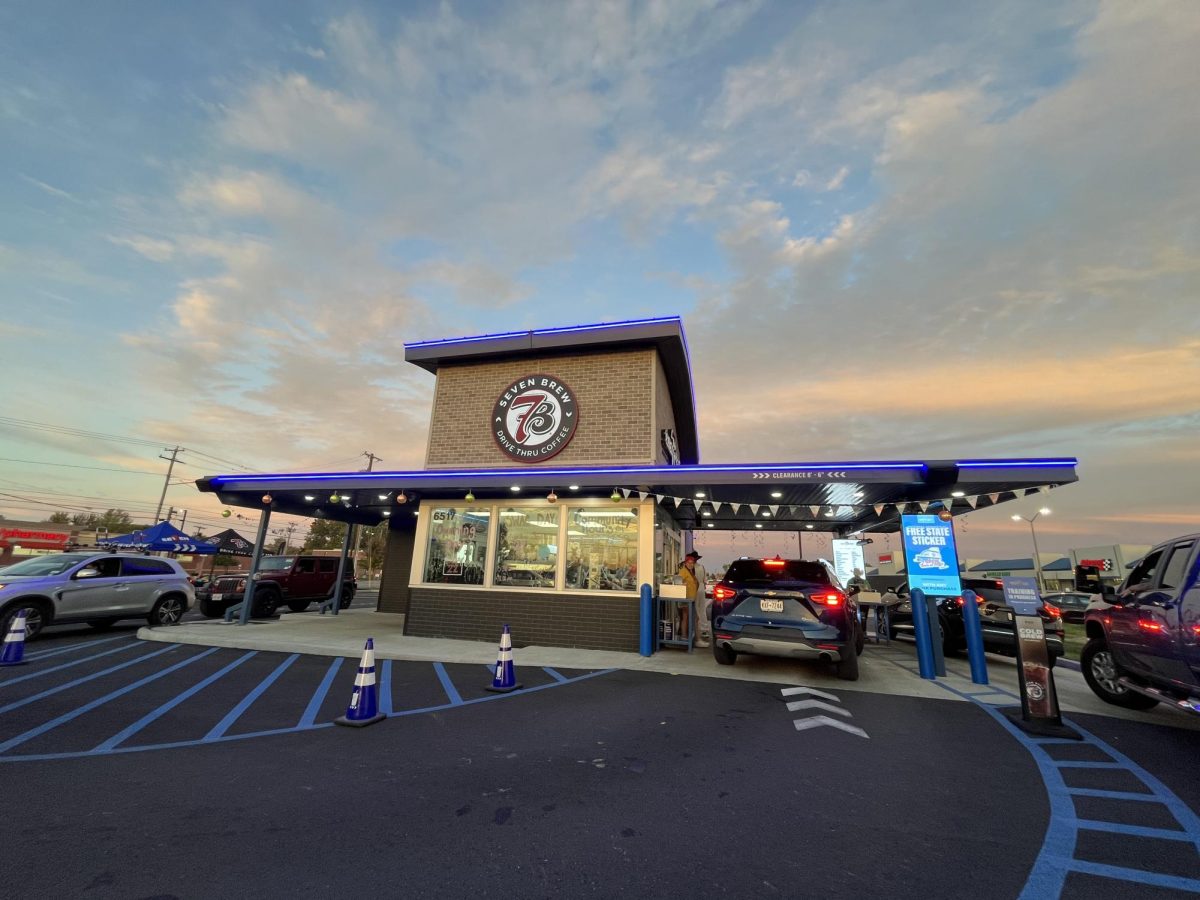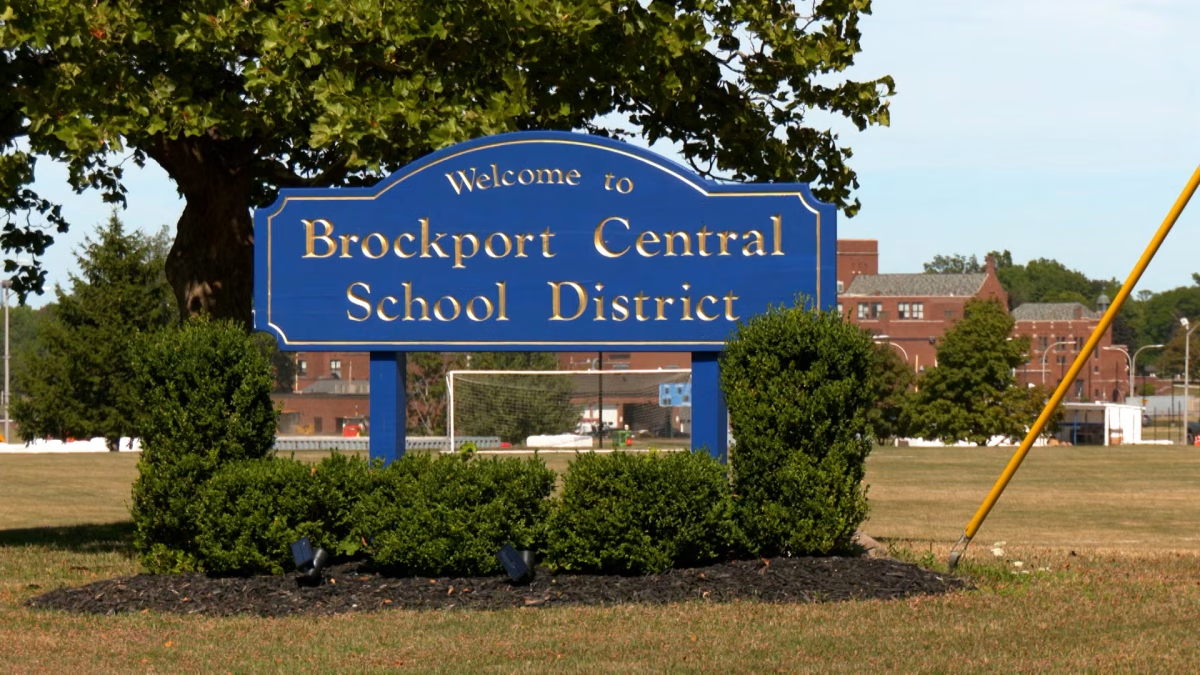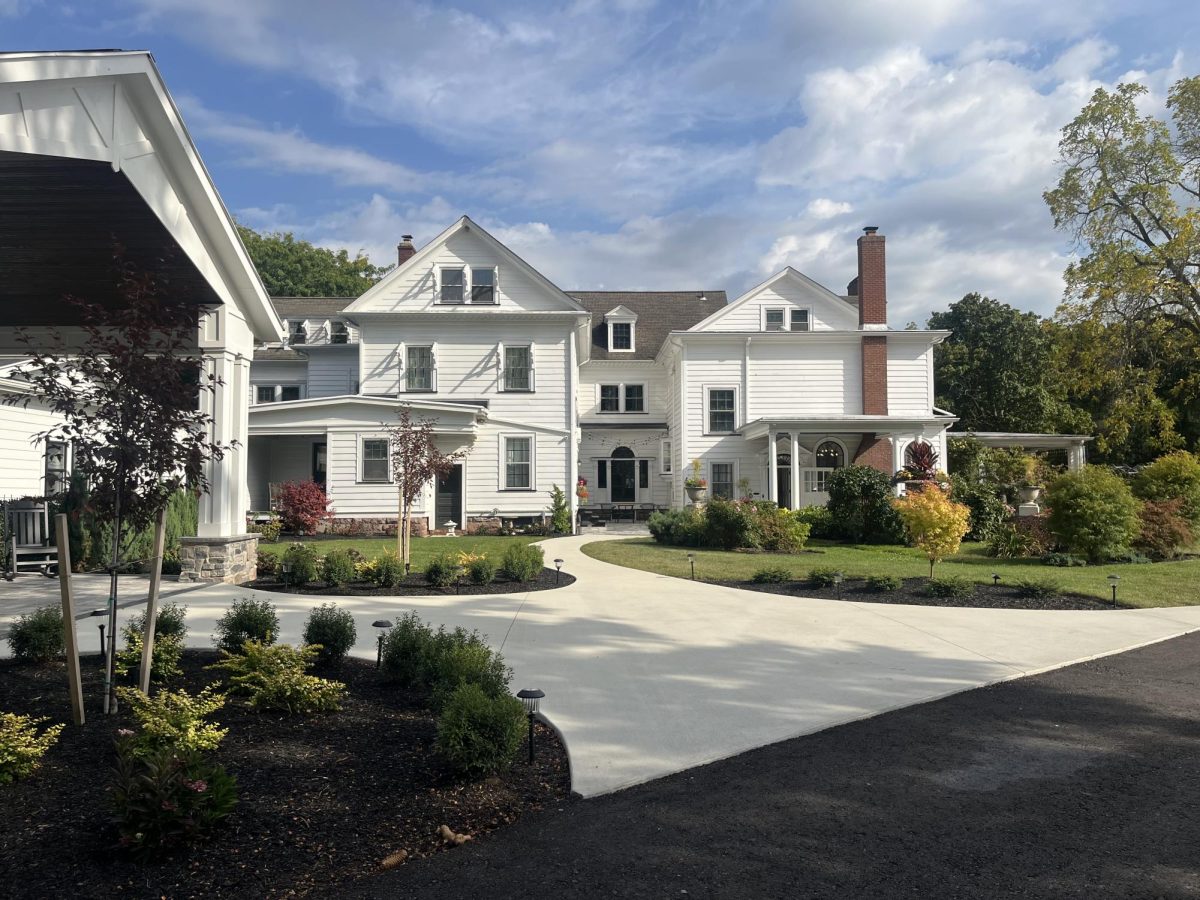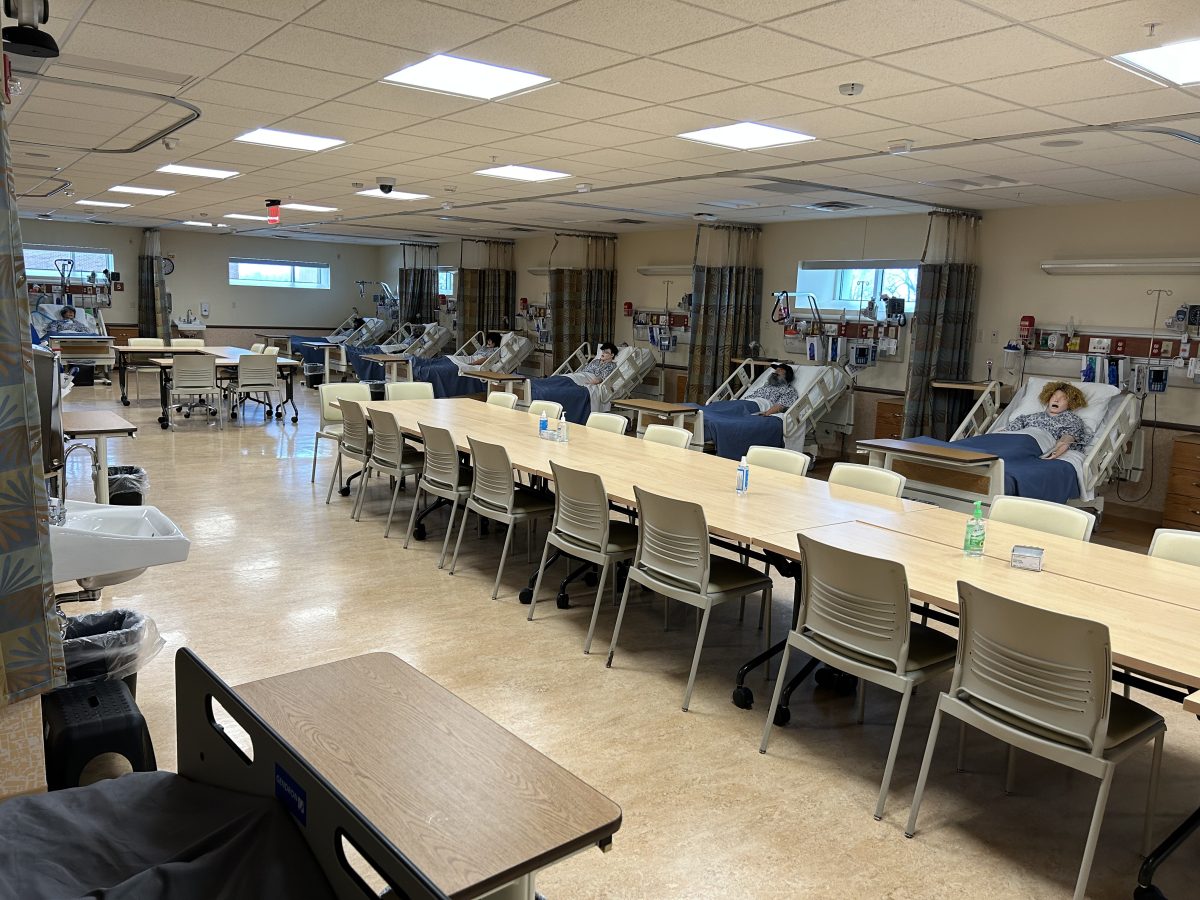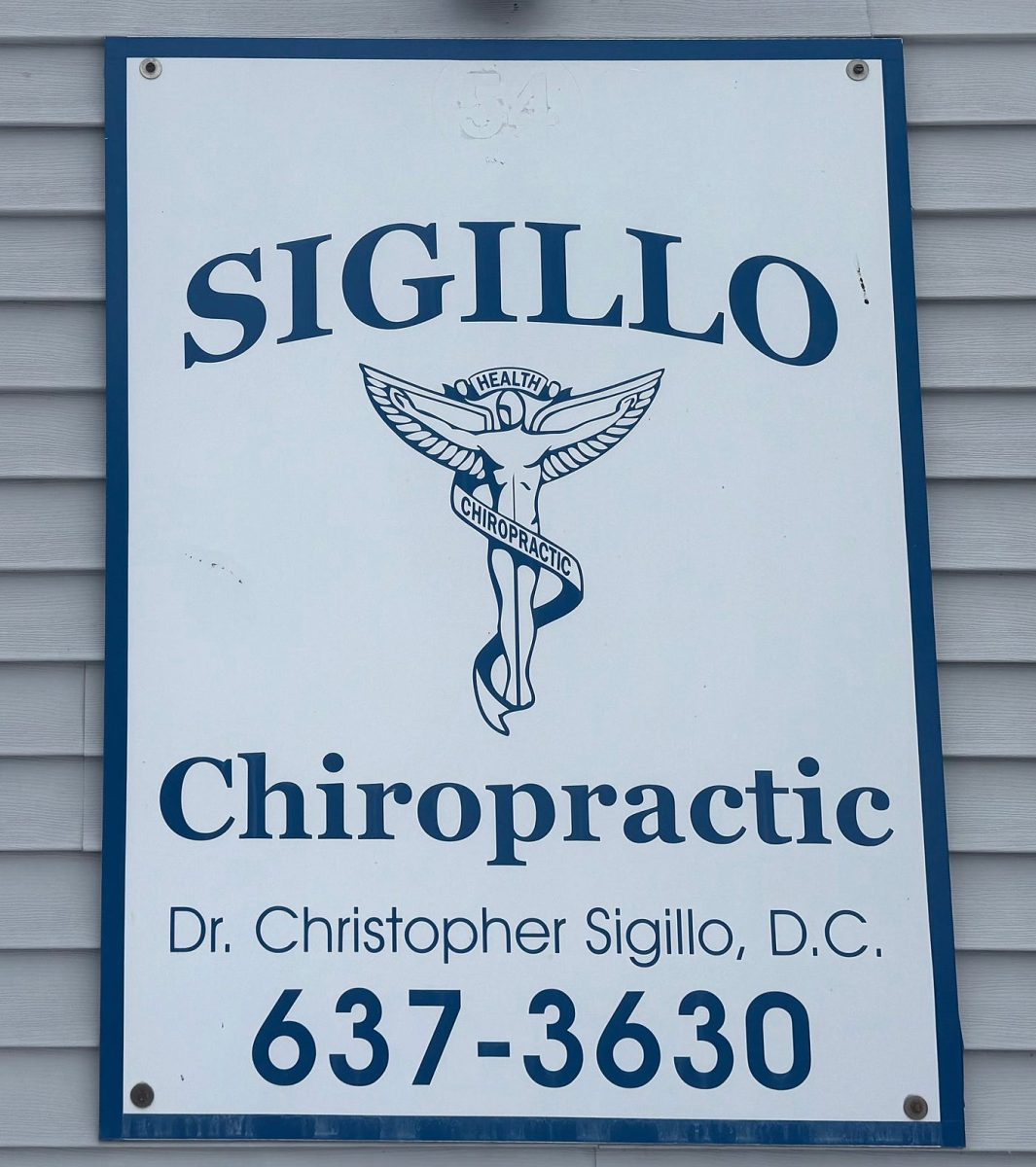By: Tyler Sadler
Nurses are real-life superheroes. They are compassionate caregivers, they work long hours, and they get very little credit. But in the last few years, these real-life superheroes have been disappearing.
According to USNews, Since 2019 there has been a fluctuation in the number of registered nurses both increasing and decreasing each year.

SUNY Brockport nursing professor Kathleen Peterson has seen the decline firsthand.
“They’re getting tired, they’re old. A lot of nurses are baby boomer nurses and they’re retiring,” Peterson said.
According to Georgetown University school of nursing, it was predicted that in 2020 there would be 660,000 baby boomer registered nurses.
“I know one of our local hospitals here in Rochester has 70% of their nurses as travel nurses. That’s just not sustainable,” Peterson said.
Travel nurses are registered nurses who aren’t assigned to a specific hospital. They are able to fill in for hospitals across the country for specific periods of time.
“Nurses were concerned about their health and family’s health, they were exhausted working long shifts and doing work no one else wanted to do. A lot of nurses didn’t want to be vaccinated either,” said Peterson.
According to David Robinson, a New York State health reporter the COVID-19 vaccine mandate in New York resulted in about 34,000 healthcare workers losing their jobs.
“We need to somehow be able to bring more students into nursing schools,” said Peterson.
According to Health Affairs, in 2018, an average of 155,000 registered nurses graduated from college each year nationwide.

“The other thing that can be done is for hospitals to somehow have safe staffing so nurses don’t leave their hospitals,” Peterson said.
Safe staffing is when a hospital has the appropriate number of nurses available at all times so one isn’t scrambling to do too much work. Peterson also said there was a way for everyday people to help
“Find primary care providers instead of going to the emergency department for colds.” Peterson also said being healthy is an easy way to keep hospitals less congested.
Breanna Ratliff is a registered nurse at Strong Memorial Hospital in Rochester. She has been able to experience what it has been like to work during the nursing shortage firsthand.
“We kind of took on the role of everything. We had to take on the role of dietary, bringing trays to patients, and cleaning rooms. We basically are the ones taking care of our patients in every aspect,” Ratliff said.
According to NYDatabases by the D&C, over 90% of beds in Strong are occupied each week.
“We were so short on nurses that patients would never leave. So they would just be sitting in the hospital for months and months until they could get placement. We’d be taking on the care of like five patients at a time and all of them would be bed bound,” said Ratliff.
According to NursingProgress, the average salary of a registered nurse in New York is $93,320 a year.
“The hospital brought in travelers and they tried to do what they can to stop the shortage. They didn’t increase our pay they instead bribed us with things like food,” said Ratliff.
Nurses really are like real-life superheroes who are needed now more than ever.

